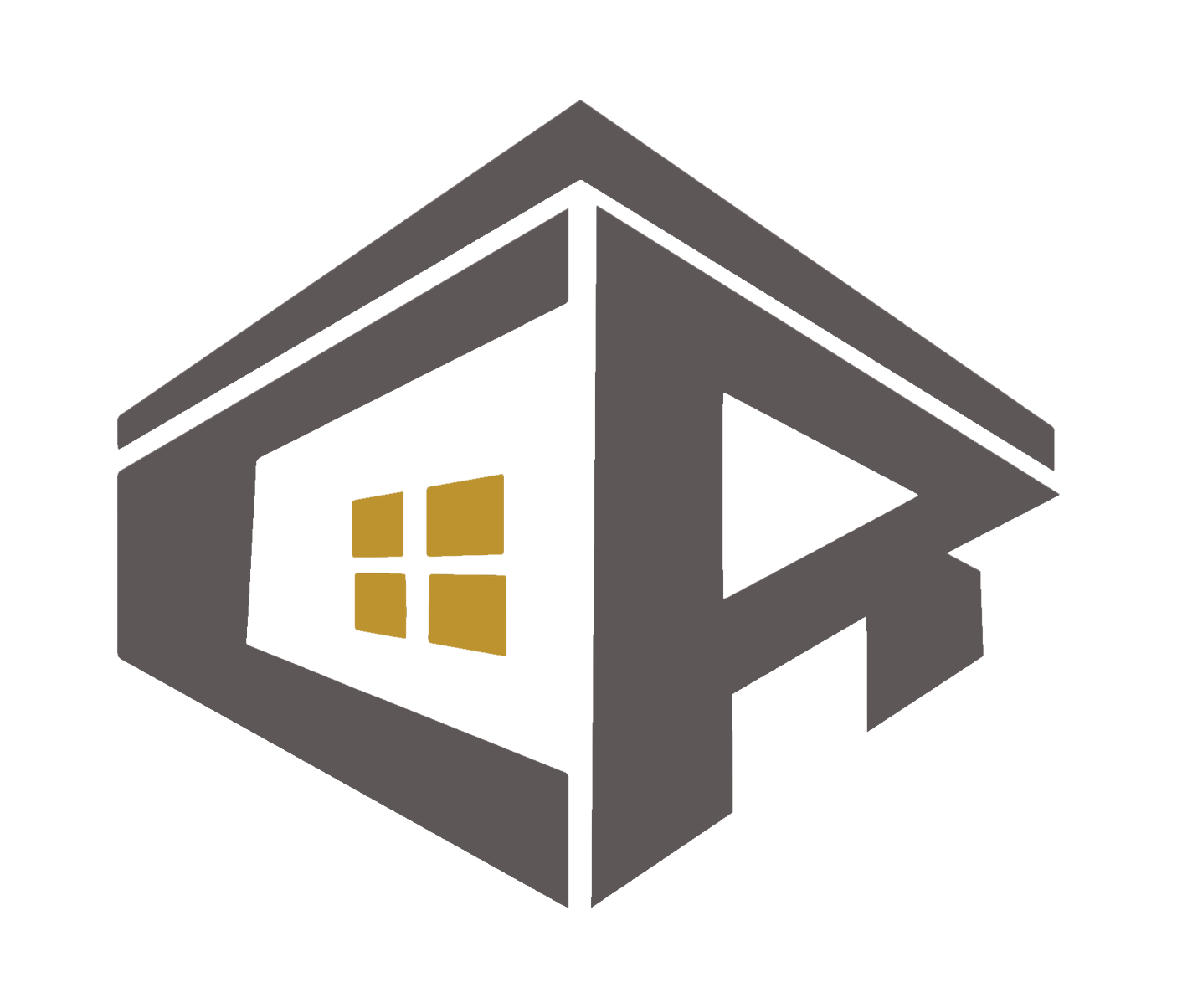If you are among those who want to buy their dream home as early as possible, but need to save up for it, then there are some things you should know! Namely, saving a large amount of money for your first property is not as easy as it seems. You need proper planning and an understanding of cash flow to achieve your financial goals. In this guide, we will explore a few tips for saving up to buy your first home.
Start Saving at an Early Age:
Set your goal to buy a home or property as early as possible and start saving! It could take up to 5 to 10 years to save for your first home, so if you want to be a homeowner by your thirties, you should start saving by your mid-twenties. Also, think about investing and growing your money in things like high yield savings accounts, bonds, and equity funds. Explore various investment options that could yield a good return or earn compound interest on your money. No doubt, the availability of home loans has made things easier for first time home buyers, but you still need to manage the down payment and other fees associated with the home buying process.
Save For a Down Payment:
Most people do not save enough for a down payment and then are faced with financial issues at the time of purchasing a home. It is important to save enough to manage expenses incurred during the whole home buying process. You should plan to pay 20% of property value as a down payment and get the remaining 80% arranged as a home loan. This will reduce EMI burden and give you some peace of mind, too.
Get Advice From Financial Experts:
If you are a first-time home buyer, then you likely do not know much about the other costs you should expect like moving expenses, insurance, property taxes, broker fees, legal fees, and more. These costs should also be considered while saving to buy your own home. A financial expert can give you good advice on saving, investments, and other financial related matters.
Set Realistic Goals:
Analyse your financial condition and expenses while also considering inflation rate in order to set realistic financial goals. This will help you figure out what kind of home you can afford. You should avoid thinking of buying a home that is too expensive. Even if you have enough saved for a down payment, will you be able to afford it long-term?
These are the things you need to keep in mind when starting to save for your first home or property. It’s not going to be easy, so be patient while executing your plan! It’s all about setting a goal and being determined to achieve it. In the meantime, be consistent with exploring properties and homes, so that you can be up-to-date with the local real estate market.
